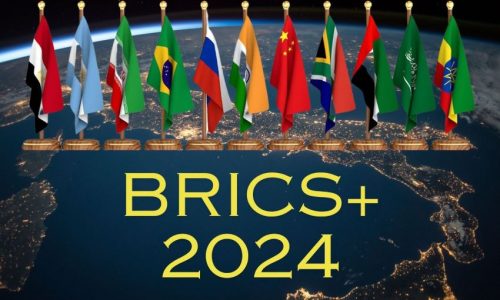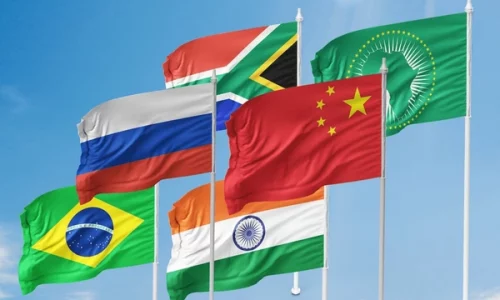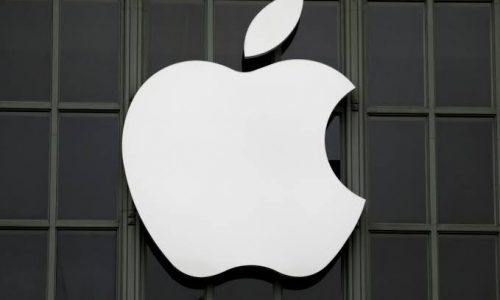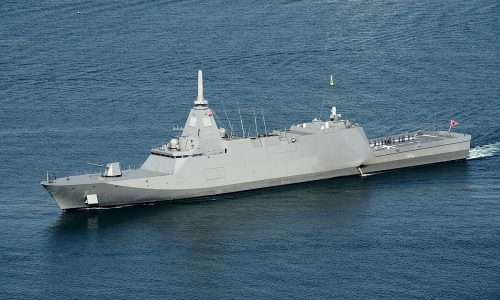Indonesia is planning to propose a free trade agreement scheme for some minerals shipped to the US so that companies in the electric vehicle battery supply chain operating in the country can benefit from US tax credits.
Washington has recently issued a new guidance for EV tax credits under the Inflation Reduction Act (IRA), requiring a certain value of battery components to be produced or assembled in North America or a free trade partner. It also comprises of subsidies worth US$370 billion to support the development and adoption of clean energy technologies.
Indonesia is yet to have a free trade agreement with the US, but its nickel products have becoming increasingly important in the battery supply chain. Indonesia has been trying to leverage its nickel reserves, which considered to be the world’s largest, to attract investment from battery and EV makers, including US companies such as Tesla and Ford.
Regarding to the new IRA guidelines, Coordinating Minister for Maritime and Investment Affairs Luhut Binsar Pandjaitan, who has been spearheading efforts to attract US companies, told a news conference in Jakarta on Monday (10/4) that Indonesia will propose a limited free trade agreement (FTA) with Washington.
“We do not have an FTA with them. Now we’re proposing a limited FTA with them,” Luhut said, adding that he would meet with Ford and Tesla executives to discuss the matter when he visits the US later this week.
Luhut believes this FTA proposal will be successful as Indonesia has a potential reserves of critical minerals like nickel and aluminium for battery and EV production. Indonesia also has green energy for precursors, and as Luhut said, the US would be unable to acquire cathodes from Indonesia without an FTA in place.
Luhut’s Deputy, Septian Hario Seto, said that the FTA proposal, which is still at an early stage, will likely be similar to the one the US signed with Japan for the critical mineral trade.
The US and Japan had agreed on a swiftly negotiated trade deal on EV battery minerals, including lithium, nickel, cobalt, graphite and manganese.
“It’s the same in essence, that for critical minerals there will be free trade with requirements on processing, such as for nickel, aluminium, cobalt, and copper”, Seto said.








